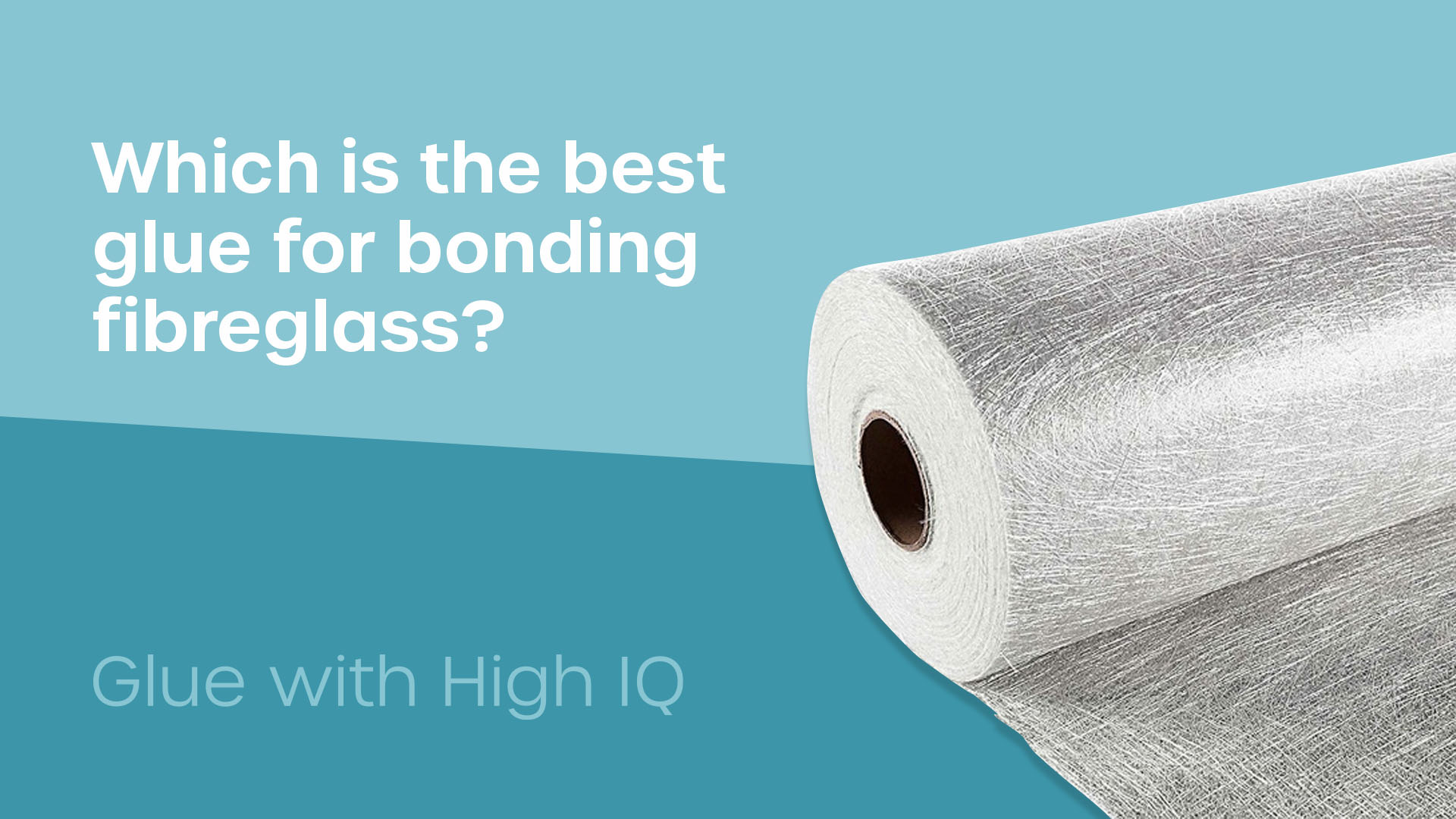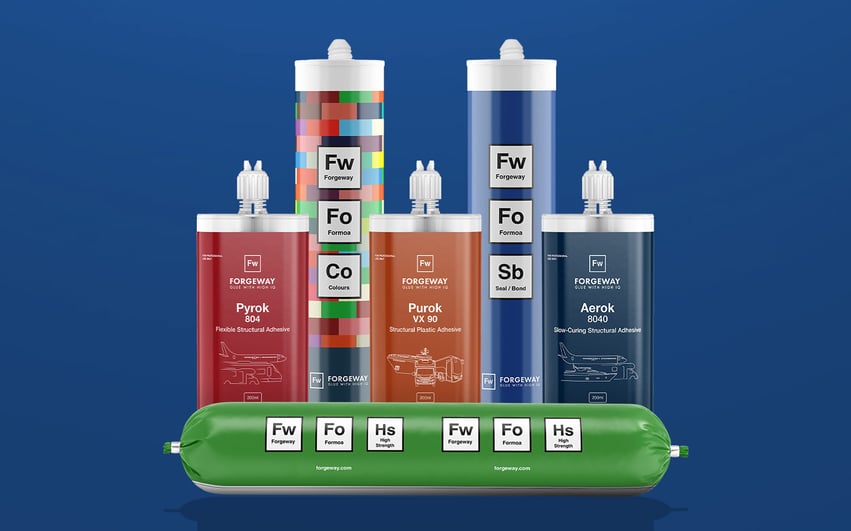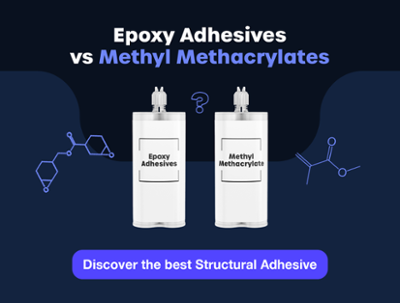
When it comes to choosing a fibreglass adhesive, there are plenty of options to choose from. Often you will receive the answer ‘it depends’. That’s because the right adhesive for you will depend on your application.
Here at Forgeway, we often get asked how to bond fibreglass. We are industrial adhesive manufacturers. We provide a variety of adhesives for various applications.
When asked about a fibreglass adhesive, we try to stay away from the ‘it depends’ answer. We know that the answer depends on your application. But, that doesn’t stop us from giving you some guidance on how you can choose the right adhesive for your application.
This article will give you guidance on how you can choose. By the end of the article, you will know about the different fibreglass adhesive options. You will have a good idea of which adhesive is right for your application.
Is fibreglass difficult to bond?
No, fibreglass shouldn’t be difficult to bond. There are a few things that may hinder the adhesion. But on the whole, fibreglass is not a difficult substrate to bond. Therefore, the selection of fibreglass adhesives is very broad.
However, you may experience difficulty if there are release agents on the fibreglass’s surface. These release agents will prevent most adhesives from creating a strong bond.
You also need to be sure the fibreglass has been fully set before applying any adhesive. This is because fibreglass will ‘sweat’ as it cures. The styrene that is added is still reacting causing liquid to be discharged from the fibreglass.
This liquid will affect the quality of the bond. In some cases, it can cause the bond to experience adhesive failure.
So in summary, as long as you ensure the surface is ready before bonding, you shouldn’t experience any issues with any fibreglass adhesive.
If you are unsure about the bondability of your substrate, we recommend watching the video below.
What should you consider when choosing a fibreglass adhesive?
Choosing the right adhesive is never easy. Bonding fibreglass is no different. There are several different factors you need to consider when choosing a fibreglass adhesive.
Make sure the fibreglass doesn’t have excess hardener
Some manufacturers put excess hardeners into the fibreglass formulation to try and speed up the curing process. However, this won’t speed up the fibreglass curing time and it will hinder the bonding process.
This is because the excess hardener causes an imbalance of the fibreglass’s properties. The imbalance can affect the adhesive’s ability to form a strong bond.
So before choosing any fibreglass adhesive, make sure the mix ratio of the fibreglass is correct.
Make sure you have considered flexibility
Fibreglass delaminates at 6mpa. This means that a fibreglass adhesive must start to flex before 6mpa to form a durable bond. However, if the bond is going to experience static load (no movement), the adhesive will not need to flex.

A fibreglass bond that experiences dynamic load must have a (somewhat) flexible adhesive. A lot of companies look purely at strength as the go-to characteristic of an adhesive. But as many adhesive manufacturers will tell you, flexibility is sometimes more important than strength for an adhesive to form a strong bond.
So if the fibreglass bond is likely to experience movement, make sure the adhesive has some flexibility.
Make sure you have considered durability
So you know a durable bond isn’t purely down to the strength of an adhesive. But what else do you need from an adhesive to form a strong bond?
Without knowing your exact application it would be impossible to tell you. But we can give you some ideas on what else you will need from an adhesive.
Characteristics such as; weathering resistance, cure time, and chemical resistance are often overlooked by companies when they look at a potential fibreglass adhesive option.
What you are bonding the fibreglass to
The substrate you are bonding the fibreglass to will affect which adhesive you should choose. For example, if you are bonding plastics to fibreglass, you will need to be even more cautious of the adhesive’s flexibility.
You also need to remember that low surface energy plastics (like polypropylene) will cause bonding difficulties. This is because the surface energy of the plastic is significantly lower than that of the adhesive; causing adhesive failure.
Always remember that the adhesive needs to be compatible with both substrates to achieve a strong bond.

What is the best adhesive for bonding fibreglass?
You now know all there is to know about choosing a fibreglass adhesive. But which fibreglass adhesive should you choose? Asking this question will almost always give you the ‘it depends’ answer. Which is frustrating.
So we want to help you decide on the right fibreglass adhesive for you. As adhesive manufacturers here at Forgeway, we know there are several different fibreglass adhesives you could choose from. We would usually put the bond into one of two categories, flexible or rigid.
If the bond is going to experience movement (dynamic load) you will need a flexible adhesive. Polyurethane adhesives are the most common flexible structural adhesives. However, recent developments mean you can also get extremely flexible variations of methyl methacrylate and epoxy adhesives.
If the bond isn’t going to experience any movement (static load), you will need a high-strength rigid adhesive. Methyl methacrylates and epoxy adhesives are rigid structural adhesives that we would recommend in this situation.
We would say the best fibreglass adhesive would be a methyl methacrylate adhesive or an epoxy adhesive. If you can’t decide between the two, you can get in touch with an adhesive expert.
Or, if you want to do a bit more research yourself, you can read our article which compares the two adhesives in more detail. Click the button below to help you find out more.
Migelo turns technical jargon into clear, easy-to-read content. Forgeway’s mission is to address every question our customers and prospective clients have, even the ones they might hesitate to ask.



